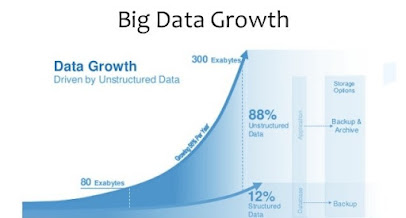Limitations of Traditional Data Analysis

Khalid Nawaz 14 March 2025 Limitations of Traditional Data Analysis Former techniques for data analysis used to work, but now, they are unable to process data with such a high volume, variety, and velocity as it is today. Most traditional methods are usually related to structured data like in relational databases, so they are not able to adapt to the large and complex data sets in the digital world. The old-fashioned systems also have to rely on more manual data entry and predetermined queries, which are slow and not adaptable to real-time updates and other non-structured information like, for instance, multimedia files and social interaction with customers. Consequently, the observation through these means can be postponed, be partial or be much previously due to the long duration they require, which obstructs prompt decision-making in rapid environments. Finally, traditional data analysis systems are unable to handle increasing requirements. As data level grows with the c...



